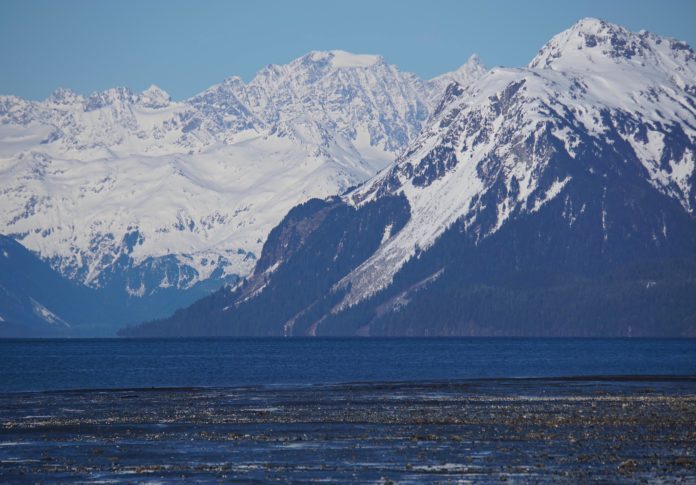
By Raven Cunningham
The Chugach Regional Resources Commission (CRRC) is an inter-Tribal fish and wildlife commission comprised of seven Tribes in lower Cook Inlet and Prince William Sound. CRRC is the primary federal contractor for Alaska’s Chugach region Tribes for natural resource and environmental projects and initiatives.
The organization ensures that the seven regional Tribes are at the forefront of natural resource decision-making processes in ways that are consistent with cultural traditions.
At the direction of the CRRC Board, CRRC staff have been working toward assuming the responsibility and authority to exercise our Indigenous rights as stewards of our marine mammals.
Inherently, coastal Alaska Natives respect, conserve, and manage our resources while protecting the hunt, traditional uses, and local habitat based on our knowledge and appropriate scientific principles.
CRRC is now raising this unified voice to express its concerns with the latest federal buzzword of “co-stewardship.”
At this juncture, it’s a term that we do not accept and was most definitely contrived without proper consultation with Indigenous organizations. The term “co-stewardship” undermines the existing marine mammal co-management relationships.
The Marine Mammal Protection Act (MMPA) establishes a federal responsibility for managing and conservating marine mammals. The MMPA Amendments of 1994 (Public Law 103-238) directed many tasks, but essential to CRRC’s work is the federal responsibility to negotiate co-management agreements with Alaska Native organizations.
Co-management under Section 119 of the MMPA promotes the full and equal participation of Alaska Natives in decisions affecting the conservation and management of marine mammals used for subsistence.
While “co-stewardship” contemplates a broad range of Indigenous and non-Indigenous involvement with federal decision making, it does not define the scope of involvement or federal responsibility to do so.
Unlike co-management, there are no legal requirements for the agencies to pursue co-stewardship.
CRRC believes that Indigenous involvement in natural resource management is crucial, and federal agencies should be focusing on improving current co-management relationships and increase funding to support new agreements.
CRRC does not currently have a co-management agreement and does not fall under any jurisdiction from another Alaska Native Organization, but is working tirelessly to create a formalized role of marine mammal management within the Chugach region while collaborating with federal and private partners to develop local harvest management plans, enhance co-management strategies and conduct surveys that will provide necessary data for all parties.
Co-stewardship is not a replacement for the legally mandated co-management, nor will it help achieve effective and meaningful relationships.
This shifting focus toward “co-stewardship” is taking resources away from the federal responsibility to support co-management relationships. It is pertinent that we continue to support and improve the current state of co-management to achieve more effective and meaningful programs and relationships, like the one in the Chugach region.
Raven Cunningham is the tribal fish and wildlife director for the Chugach Regional Resources Commission.
The Native Voices Column is a Cordova Times column that highlights and uplifts the experiences and culture of the many Native populations that make up our community through guest contributions to the paper. If you are interested in submitting something about your Tribe, Village or a Native topic that is important to you, you can email us at share@thecordovatimes.com. The Cordova Times covers and is distributed on the historical and unceded territories of the dAXunhyuu (Eyak people), the Prince William Sound Sugpiaq, and the Yaakwdáat Lingít.














